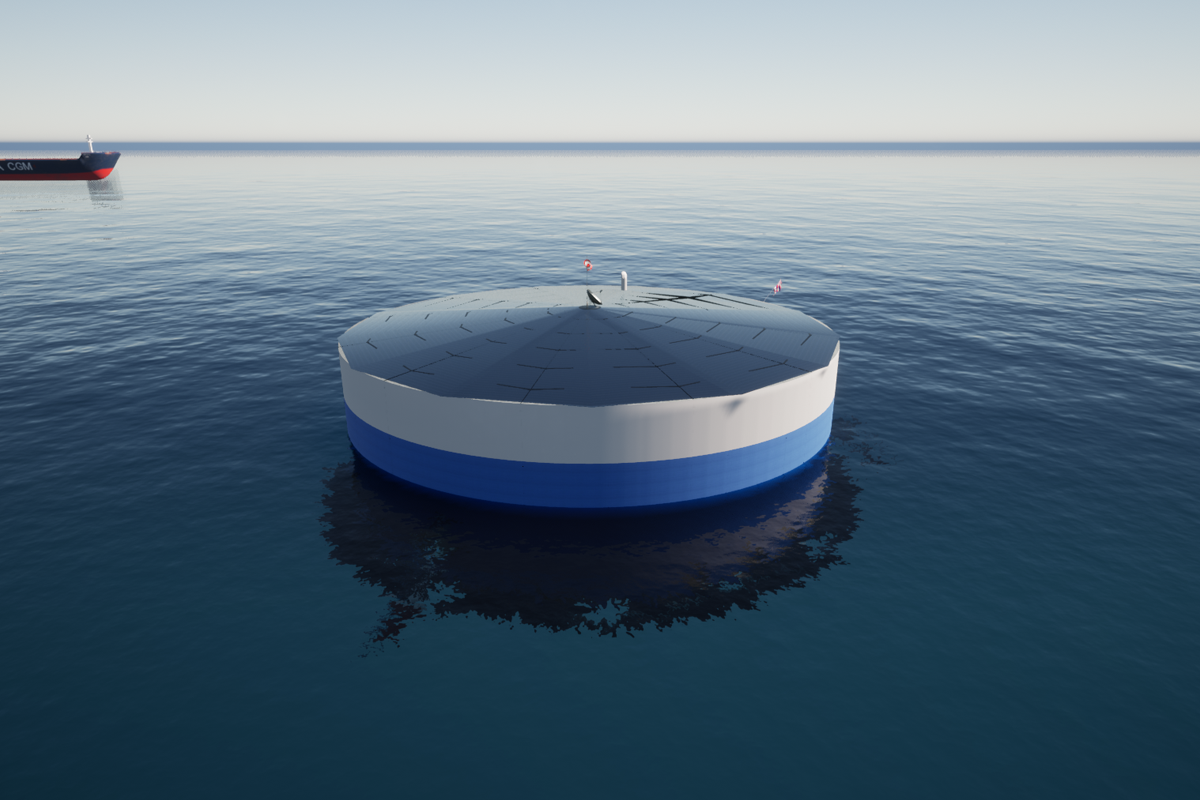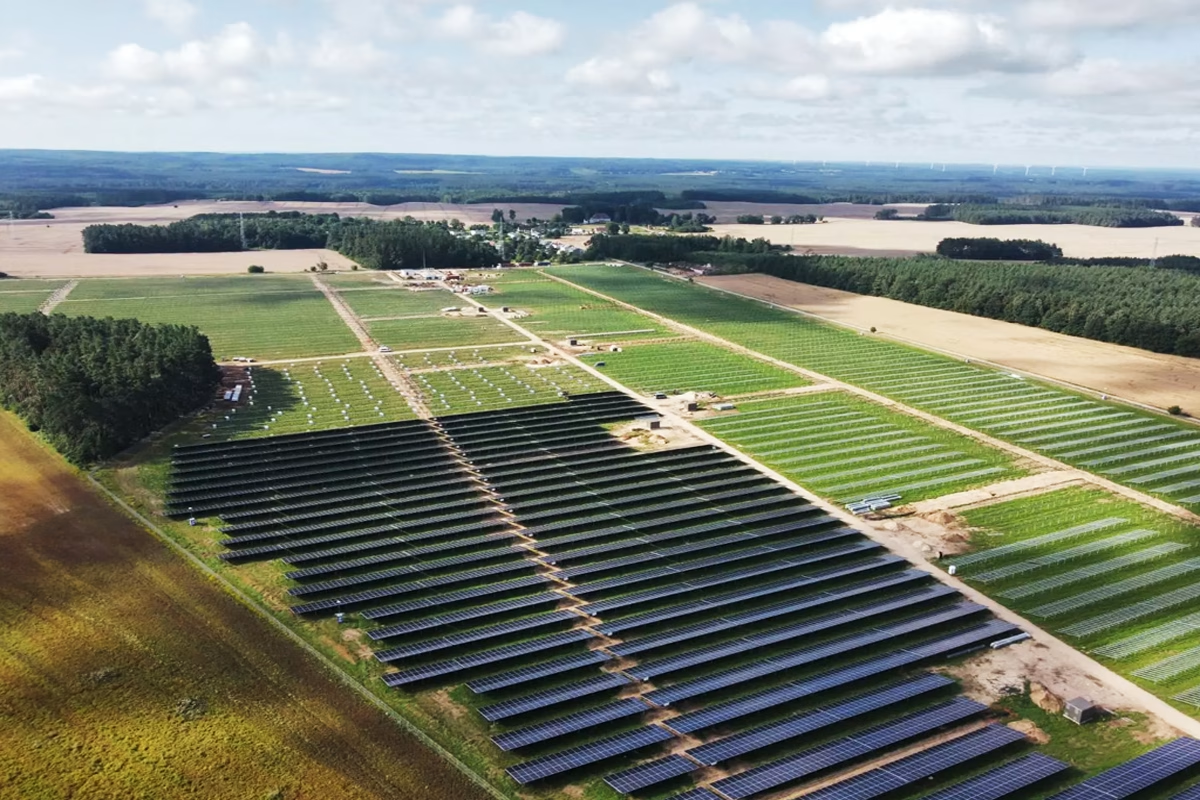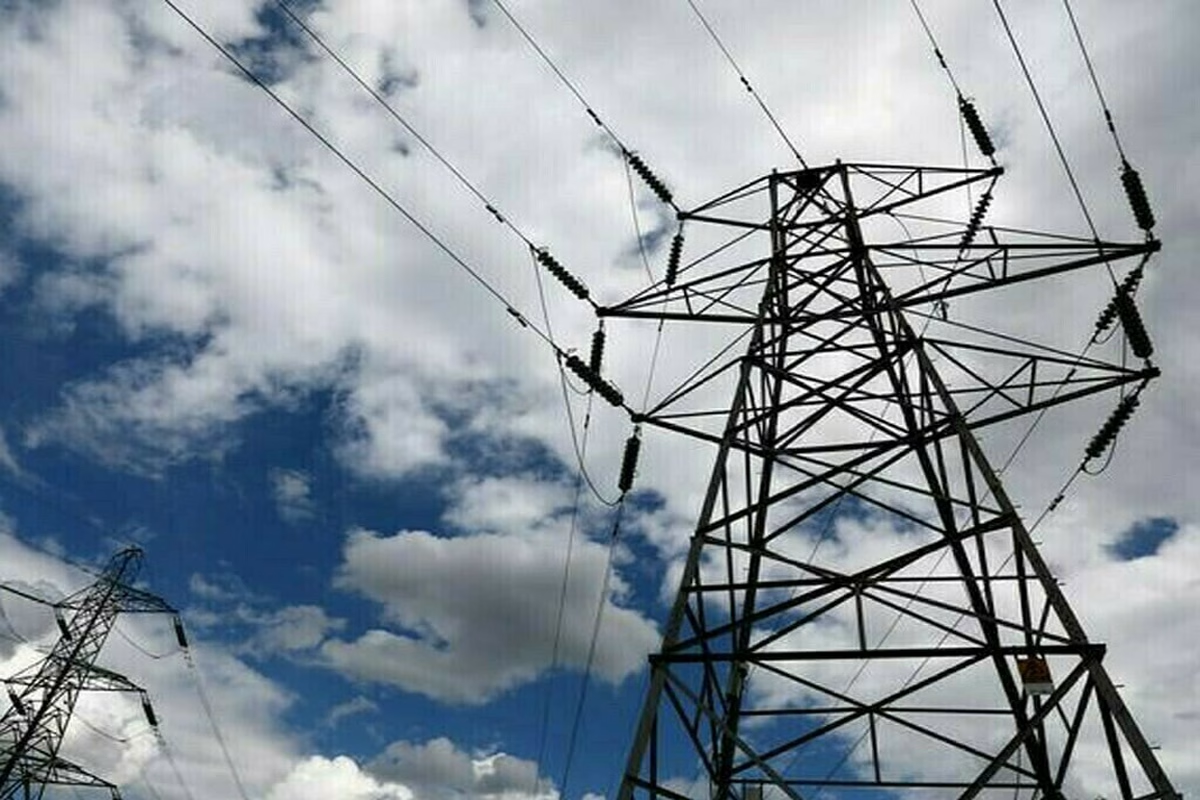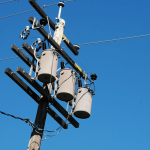
Experts Urge Rapid Implementation of CTBCM to Address Pakistan’s Energy Crisis
August 16, 2024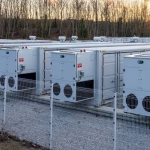
Edf Renewables UK to Accelerate Uk’s Clean Energy Superpower Ambitions With Over 300 MW of Battery Storage Projects
August 16, 2024Did you know? The OTEC prototype being developed by PLOTEC uses the temperature difference between warm surface seawater and cold deep water to generate electricity, providing a 24/7 renewable energy source even in the aftermath of severe tropical storms.
The Ocean Thermal Energy Conversion (OTEC) prototype, designed to withstand severe tropical storms, has reached the 50% completion mark at the Hidramar Shipyard in Gran Canaria, Spain. This major milestone for the PLOTEC project, funded by the EU, marks significant progress since fabrication began in March 2024. The cylindrical hull and key components will be assembled and tested in the Atlantic Ocean.
Recent progress includes finishing the platform’s first level by cutting over 660 steel plates of various thicknesses. Each plate is carefully prepared, fitted onto the keel, and welded, with all welds thoroughly inspected for defects. Lead Engineer Sam Johnston noted that the keel’s complexity and the need for multiple welds make this phase particularly time-consuming. This careful process prevents warping and ensures a strong structure. Once the keel plate is finished, the project will move faster as the cylindrical shells are added to the keel.
Advancing Renewable Energy for SIDS
The primary goal of this project is to facilitate the renewable energy transition for Small Island Developing States (SIDS) that are especially vulnerable to severe weather. These regions, predominantly reliant on outdated diesel generators, lack viable clean energy alternatives. Given the ocean as their most abundant natural resource, OTEC technology presents a suitable solution for power generation. The PLOTEC project aims to enhance OTEC technology with an offshore platform designed to endure intense tropical storms, hurricanes, and cyclones.
The 1:5 scaled prototype will undergo testing at the Oceanic Platform of the Canary Islands (PLOCAN), situated approximately three kilometers off the coast. Throughout its operational life, the prototype will be exposed to Atlantic Ocean conditions, allowing for extensive analysis of its resistance, materials, and design. Previous computer simulations and a scaled tank test conducted in London last year have already confirmed the structure’s functionality. The insights gained from this project will not only enhance OTEC’s viability for tropical islands but also contribute to advancements in marine engineering design, novel materials, computational modeling, and other offshore floating energy devices.
Consortium and Technology Overview
The PLOTEC consortium consists of seven companies, including Global OTEC (UK), Cleantech Engineering Limited (UK), WavEC Offshore Renewables (Portugal), The Oceanic Platform of the Canary Islands PLOCAN (Spain), Quality Culture (Italy), Agru Kunststofftechnik Gesellschaft m.b.H. (Austria), and the University of Plymouth School of Engineering, Computing and Mathematics (UK).
OTEC technology leverages the temperature difference between warm surface seawater and cold deep water to generate electricity. The process involves using warm seawater to vaporize a working fluid, which then drives a turbine. Cold deep water is used to condense the working fluid, allowing the cycle to repeat continuously. This renewable energy technology harnesses the tropical ocean’s power, providing a consistent, cost-effective, and clean energy supply with significant environmental benefits over fossil fuels and nuclear power. By integrating PLOTEC’s developments with global OTEC power demonstration facilities, this technology can become an even more reliable solution for tropical islands, capable of generating electricity 24/7 and reducing power outages in the aftermath of tropical storms.

